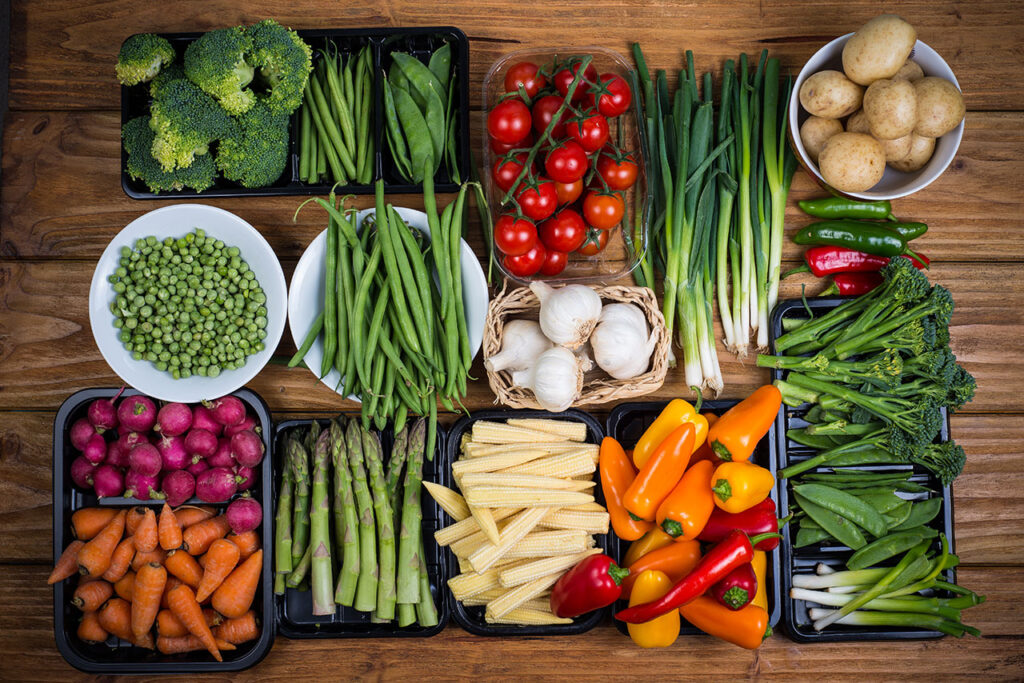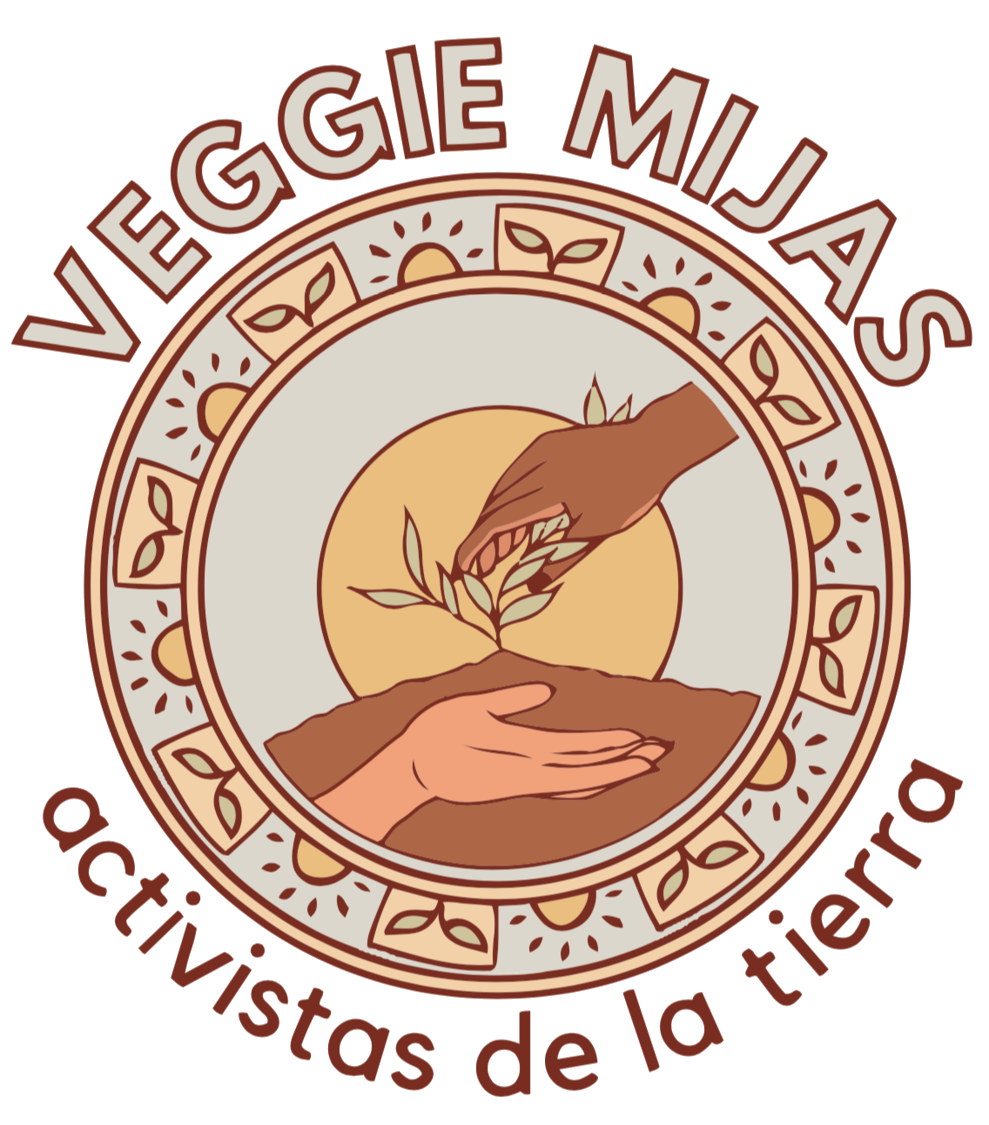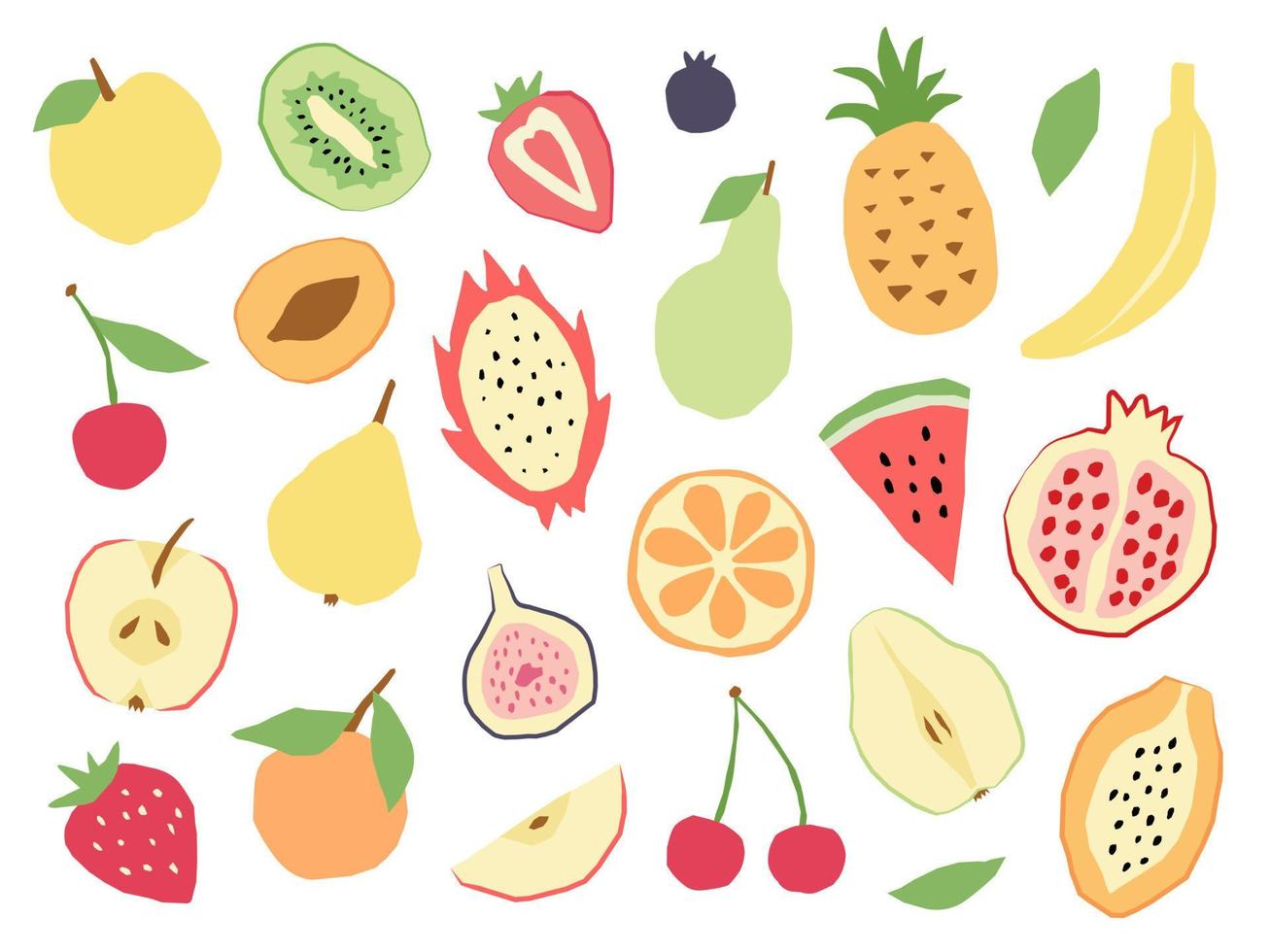For individuals who follow a vegetarian diet that includes dairy and eggs, maintaining a healthy lifestyle is much like it is for anyone else—just without the inclusion of meat or fish. Achieving nutritional balance is key, and with some mindful choices, vegetarians can easily meet their dietary needs.

Maintaining a Balanced Vegetarian Diet
The foundation of a healthy vegetarian diet lies in variety and balance. While every single meal doesn’t have to be perfectly proportioned, it’s beneficial to aim for balance across the day or week. When choosing food, it’s wise to opt for items that are lower in fat, salt, and sugar to support overall health.
Fruit and Vegetables: Daily Essentials
Fruits and vegetables are vital components of any diet and should be consumed in generous amounts. Aim to include at least five 80-gram portions daily, whether they are fresh, frozen, tinned, dried, or juiced. These foods are rich in essential vitamins, minerals, and dietary fibre, which helps with digestion and reduces the risk of constipation.
Carbohydrates: A Key Energy Source
Starchy foods like bread, rice, potatoes, pasta, and cereals should form just over one-third of your daily food intake. Choosing wholegrain or higher-fibre versions when available adds extra nutrients and fibre to your diet. These foods are an excellent energy source and contribute important nutrients such as B vitamins, calcium, iron, and fibre.
Calcium from Dairy and Alternatives
Dairy products, including milk, cheese, and yoghurt, offer valuable nutrients like calcium, protein, and vitamins A and B12. For those who prefer non-dairy options, fortified plant-based drinks such as soya, oat, or rice milk can be excellent alternatives. Other sources of calcium include leafy greens, calcium-set tofu, and certain fortified breads. Choosing lower-fat and lower-sugar options is generally better for maintaining a healthy diet.
Protein Sources for Vegetarians
Beans, peas, lentils, nuts, seeds, and eggs all provide essential protein and are important in a vegetarian diet. These foods also offer fibre, vitamins, and minerals. For those who avoid meat and fish, it’s crucial to eat a range of protein sources to ensure the body receives all the essential amino acids needed for cell repair and growth. In addition to eggs, other meat substitutes like tofu, tempeh, mycoprotein, and textured vegetable protein can provide good protein content.
Choosing Healthier Fats
Unsaturated fats, found in oils like olive, sunflower, rapeseed, and vegetable oils, are generally healthier than saturated fats such as butter and lard. Still, fats are high in calories, so even the healthier types should be consumed in moderation.
Limiting Foods High in Fat, Salt, and Sugar
Treats like cakes, biscuits, ice cream, and crisps can be part of a diet, but should be enjoyed occasionally and in small amounts. These types of foods often contribute little in terms of nutrition but are high in energy from fats and sugars, which can be detrimental if consumed too frequently.
Key Nutrients in a Vegetarian Diet
While a well-planned vegetarian diet can meet nearly all nutritional needs, there are certain nutrients that require special attention. Protein and calcium are typically not a problem for vegetarians who include dairy, but iron, vitamin B12, and omega-3 fatty acids can be harder to obtain in sufficient quantities without careful planning.
Iron for Vegetarians
Vegetarians may have lower iron stores compared to meat-eaters. However, there are many plant-based sources of iron, including lentils, chickpeas, kidney beans, dried fruits like apricots, wholemeal bread, fortified cereals, nuts, and dark green vegetables such as broccoli, watercress, and spring greens. Including vitamin C-rich foods alongside iron-rich foods can help improve absorption.
Vitamin B12 Needs
This vitamin plays a critical role in maintaining nerve function and producing red blood cells. It naturally occurs in animal-derived foods, so vegetarians need to ensure they get enough through eggs, dairy products, or fortified items like breakfast cereals, yeast extracts, and soya products. Those consuming little to no animal products may need supplements or fortified foods to meet their needs.
Omega-3 Fatty Acids Without Fish
Omega-3 fats, often associated with oily fish, support heart health. Although vegetarian sources may not offer the same heart benefits as fish, options like flaxseed oil, rapeseed oil, walnuts, and omega-3 enriched eggs can still contribute to a heart-friendly diet. Maintaining a low intake of saturated fat, eating plenty of fruit and vegetables, and managing salt intake also support cardiovascular health.
Special Considerations: Pregnancy and Children
During pregnancy and while breastfeeding, it’s particularly important for vegetarian women to ensure they’re getting enough vitamins and minerals to support their baby’s development. Similarly, raising children on a vegetarian diet requires attention to variety and balance, ensuring they receive enough energy and nutrients to grow properly.
A vegetarian lifestyle, when carefully planned, can provide all the necessary nutrients to support health at every stage of life. It’s all about thoughtful food choices, diversity in meals, and staying mindful of key vitamins and minerals that might need a bit of extra attention.

